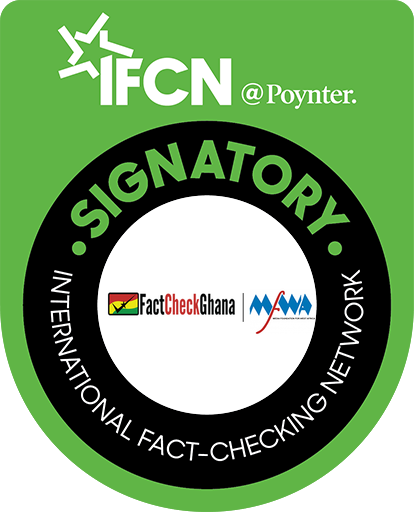In the context of the ongoing democratic decline and rising military coup in Africa, TV show host Blessed Godsbrain Smart, better known as Captain Smart, has said that soldiers are the force behind Vietnam’s ongoing anti-corruption drive.
He made the claim on Monday, September 18, 2023, on his Onua Maakye show explaining that corruption has declined in the country because Vietnamese soldiers decisively addressed the issue by decapitating corrupt politicians, making the country the least corrupt in the world. According to Captain Smart, the supposed anti-corruption drive by the soldiers followed the nonchalance of Vietnam’s president to tackle widespread graft in the country despite calls by the military for him to intervene.
He made the statement while speaking on issues bordering on coups d’état in Africa, corruption and bad leadership. He also made the claim in response to a statement by the Ghana Armed Forces (GAF) which said the Forces are not interested in a coup.
Captain Smart also argued that the Ghana Armed Forces (GAF) is laid back and unconcerned, despite the economic hardship and corruption prevailing in the country.
Fact-Check Ghana has already fact-checked his claim of Vietnam being the least corrupt in the world (Read the report here).
Fact-Check Ghana has verified the claim of the military being the force behind Vietnam’s anti-corruption and finds it to be false.
Claim: “As I speak to you now. If you like just google. Corruption is lower in Vietnam than in any country in this world. Do you know why? If I, Captain Smart, spend government money, they will call my family and children to gather around a table and cut my head off… it was done by soldiers”
Verdict: False
Explanation: To verify the claim, Fact-Check Ghana reviewed a number of documentary sources about the anti-corruption drive in Vietnam.
Since 2013, the General Secretary of Vietnam’s Communist Party, Nguyen Phu Trong has launched a rigorous anti-corruption drive termed the “burning furnace”. In Vietnam, the occupant of the General Secretary position of the Communist Party is largely considered the most powerful political figure as the presidential position is deemed ceremonial.
General Secretary Nguyen Phu Trong’s campaign has led to the investigation of 7,500 individuals including 25 senior officials, 27 central committee members, 4 political bureau members and 30 generals. The anti-graft crackdown was not only limited to state officials as Chief Executives and business owners in the private sector were also arrested and investigated for financial fraud (here and here).
In 2021, 390 cases were sent to trial resulting in 1,011 people being charged with corruption and abuse of power. Ten generals were also charged, along with the chief of a provincial party and a vice minister.
In January 2023, the crackdown led to the resignation of President Nguyen Xuan Phuc and two deputy prime ministers following two corruption scandals during the COVID-19 period. The first was the Viet A test kit scandal which involved the distribution of overpriced COVID-19 test kits by Viet A Technology, a private Vietnamese company. The company inflated the price of Covid-19 test kits by 35% and paid bribes to officials of the Centers for Disease Control and Prevention (CDC). Sixty other people were incriminated in the scandal. These included the minister of health, government officials, military personnel, researchers and businessmen.
In the second scandal, 54 people including diplomats and the former deputy foreign minister were jailed for extorting money from Vietnamese citizens who were stranded abroad and were seeking to return home at the peak of the pandemic.
Benefits of the “burning furnace” anti-corruption campaign
Findings of Vietnam’s 2021 Provincial Competitiveness Index survey showed that the anti-corruption drive has generated positive results. This is demonstrated through a series of corruption indicators in the “informal charges” (bribes) subindex in the survey. Specifically, businesses reporting paying for general informal charges dropped to 41.4% in 2021 from 44.9% in 2020. This is also a record low in 16 years (it was 70% in 2006). The size of informal charges has also declined considerably over time.
Vietnam’s improved performance on the Corruption Perception Index has also been attributed to the anti-corruption drive. In 2012, the country ranked 123rd out of 176 countries with a score of 31. Ten years later, in 2022, it climbed 99 places to the 77th rank.
No evidence for military-driven anti-corruption and decapitation of officials
As explained above, it is indeed true that there has been an ongoing anti-corruption drive in Vietnam. However, there is no evidence to support Captain Smart’s claim that the accountability drive was orchestrated and led by the military in the country.
Also, Fact-Check Ghana did not find any evidence supporting the TV show host’s claim that government officials who were found to be corrupt were beheaded.
From the explanation above, it is clear that soldiers are not the force behind the anti-corruption drive ongoing in Vietnam. Also, there is no evidence to support claims that officials who were found to be guilty of corruption were beheaded, making Captain Smart’s claim false.



